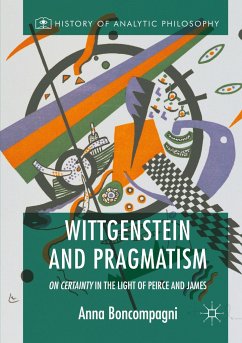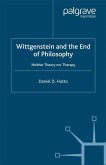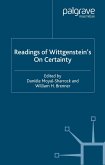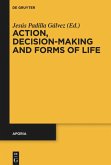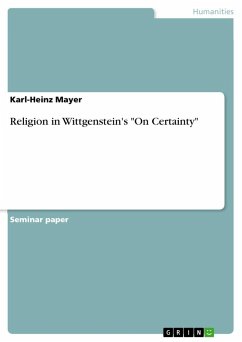This book investigates the conflicts concerning pragmatism in
Wittgenstein's work On Certainty, through a comparison with the
pragmatist tradition as expressed by its founding fathers Charles S. Peirce
and William James. It also describes Wittgenstein's first encounters with
pragmatism in the 1930s and shows the relevance of Frank Ramsey in the
development of his thought. Offering a balanced, critical and theoretical
examination the author discusses issues such as doubt, certainty, common
sense, forms of life, action and the pragmatic maxim. While highlighting
the objective convergences and divergences between the two approaches,
the volume makes links to ongoing debates on relativism, foundationalism,
scepticism and objectivity. It will be of interest to anyone searching for new
perspectives on Wittgenstein's philosophy.
Wittgenstein's work On Certainty, through a comparison with the
pragmatist tradition as expressed by its founding fathers Charles S. Peirce
and William James. It also describes Wittgenstein's first encounters with
pragmatism in the 1930s and shows the relevance of Frank Ramsey in the
development of his thought. Offering a balanced, critical and theoretical
examination the author discusses issues such as doubt, certainty, common
sense, forms of life, action and the pragmatic maxim. While highlighting
the objective convergences and divergences between the two approaches,
the volume makes links to ongoing debates on relativism, foundationalism,
scepticism and objectivity. It will be of interest to anyone searching for new
perspectives on Wittgenstein's philosophy.
"It would be interesting to see how Wittgenstein's unique style can be derived from a theory-neutral perspective that is perhaps more pragmatic than what was offered by the pragmatists, insofar as it is committed to no theory except to the extent that it helps us to avoid confusions." (Cayla Clinkenbeard, Graduate Faculty Philosophy Journal, Vol. 39 (2), 2019)

